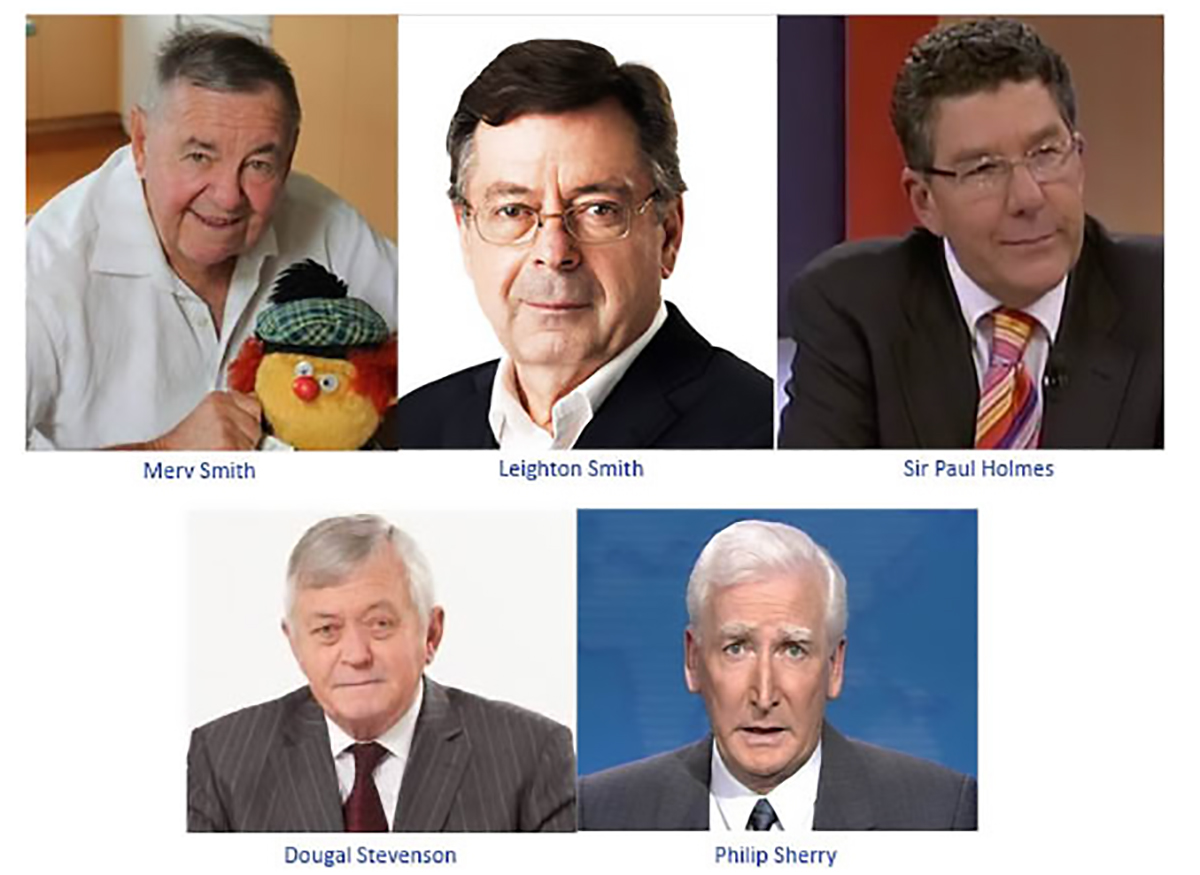Table of Contents
In my previous post I made the observation that “If rules don’t matter enough to warrant following them, society as a whole evolves entirely by itself”.
I was referring to the fact that sloppiness in the way we use our language (of which our prime minister is a master practitioner) is merely an indicator of our world and standards have become less important.
The BBC used to set the standard and In New Zealand, the New Zealand Broadcasting Corporation (originally the New Zealand Broadcasting Service), a State-Owned Enterprise, based its standards and training on the BBC model.
To be “on air” people needed to at least have an acceptable vocal standard, reasonable diction, and an ability to communicate without compromising the standards of English. It goes without saying that being able to read aloud coherently and make sense of what was being read was a basic prerequisite. Today, 5 minutes of TV news will get you enough mispronunciations and grammatical errors to last a month from pimply-faced youngsters who haven’t been on the planet long enough to know anything about anything.
Think back to what radio and television used to sound like. The standards that were set and enforced by these organizations. It didn’t stop mistakes, but at least the “public broadcast” standard was an example and it was a high one. You wouldn’t hear foul language of any kind no matter how great a personality they were (think of Merv Smith, Murray Forgie, Sir Paul Holmes, Leighton Smith), but they still entertained and had a huge following without having to be cheap and nasty and sensational. Remember Dougal Stevenson and Philip Sherry (to mention but two of many) who set such high standards.

Today, broadcasting has changed. You get all manner of weird and wonderful accents which might well be representative of the greater community; however, correct English it is not, nor does there seem to be any interest in a ‘correct’ way.
Sloppiness with language is of course only the first step, and when people from the prime minister down openly misuse the language and don’t seem to care enough to get it right, doesn’t it effectively say: “Near enough is good enough”? Doesn’t it then follow that “near enough is good enough” can apply to anything and everything?
For the record, lest anybody feels I’m being unfair to Ms Ardern, John Key was only marginally better and most of our politicians speak a foreign language as far as I’m concerned.
If you don’t think it’s worth having standards for our basic method of communication, why would anybody think it’s worth having standards (or rules worth following) for anything else?
Where exactly should lines be drawn, or do we just let everything go until the revolution happens and we start again?









